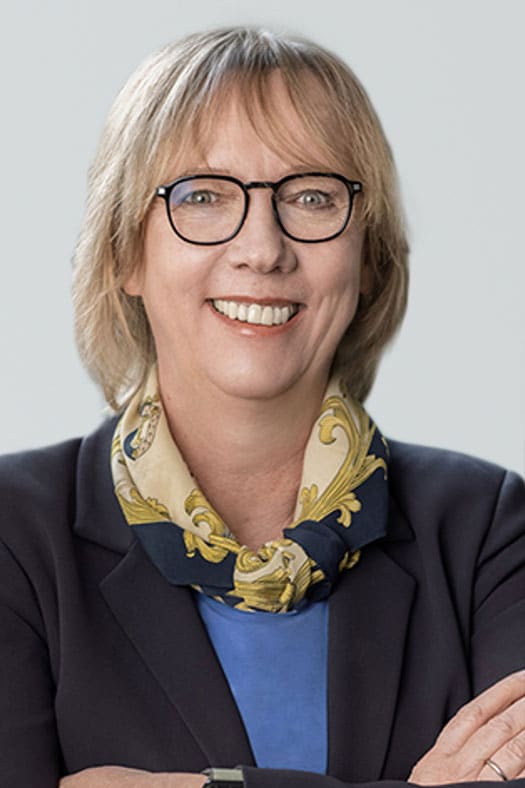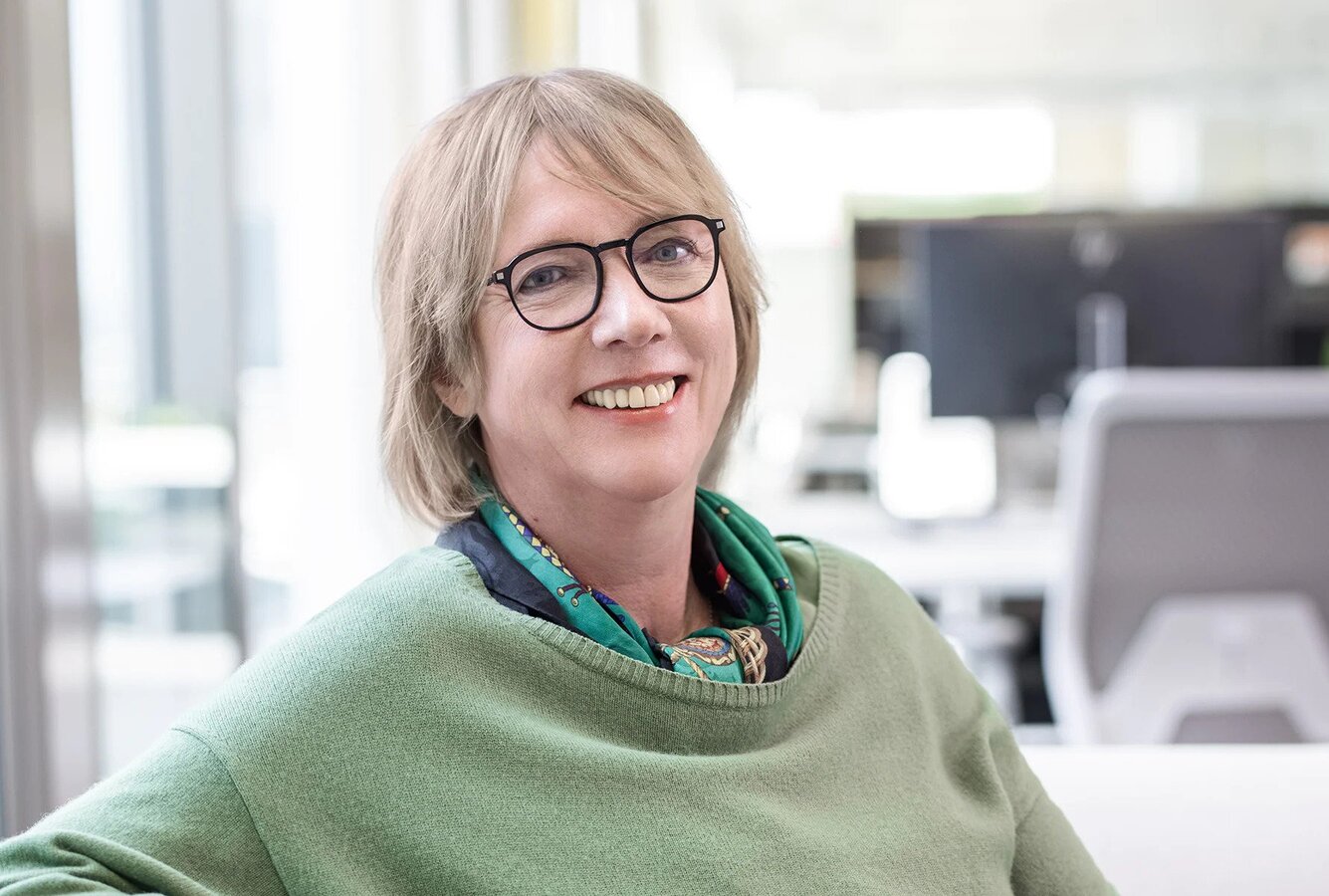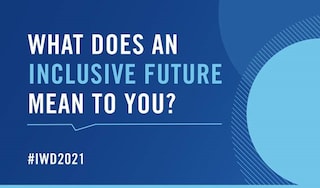Inclusion and diversity is not just the right thing for companies to do, but the bedrock of progress and lasting change.
To achieve our vision of a smoke-free future—delivering better alternatives to adult smokers who will otherwise continue to smoke—we must build an inclusive culture reflective of the world’s diversity.
Fostering an environment where employees can contribute their best and support each other will drive the innovation and consumer-centricity required to meet our ambitious objectives.
Silke Muenster—PMI’s first Chief Diversity Officer—explains the importance of inclusion and diversity in the workplace.
As PMI’s first Chief Diversity Officer, you are in charge of inclusion and diversity (I&D). What do we mean when we talk about I&D in the workplace?
I read a wonderfully succinct definition from a professor recently who said that diversity is about the numbers, and inclusion is about making the numbers count. Inclusion is what brings the benefits of diversity to life. It demonstrates the value of having different perspectives and learning from one another because of our unique differences—not in spite of them.
Clearly, I&D is valuable in and of itself. What’s the business advantage of having a strong I&D program?
A diverse and inclusive workforce is the basis for innovation in any company. PMI is going through a major transformation—to replace cigarettes with smoke-free alternatives as quickly as possible. To get there, we need to unlock the full power of creativity within our global community of employees so we can deliver innovative solutions and innovative products that are central to this transformation. Having a diverse workforce that reflects the diversity of our consumers, coupled with an inclusive culture, will help us get to our vision of a smoke-free future faster.
What do you say to people who believe I&D is simply a box-ticking exercise?
I&D is a basic need. At a basic level, we are social beings; we want to feel valued, to know that our voice is heard, and to feel as though we belong. That’s why ensuring a strong sense of belonging for all employees is so important. At PMI, we are looking at ways to measure inclusion, because today there is no one “go-to” standard for gauging this. And what works in one company or part of the world does not necessarily work in another. The goals we set and how we measure inclusion must ladder up toward meaningful, systemic change. It is important to measure progress against goals (as we are doing with regard to improving our gender balance at PMI), and we are focused on how best to measure inclusion. Our hope is to contribute to the conversation and action in this area. There is no box-ticking at PMI; we are in full inclusion mode.
How will you know if you are making progress—such as advancing gender equity?
If we are to drive meaningful change in our workplace and beyond, the majority will have to get comfortable feeling uncomfortable. If there’s no discomfort, we haven’t pushed hard enough. There is a very high level of receptivity to I&D at PMI, but there will still be discomfort, because I want to engage everyone in this effort, so we move from “well-meaning” to “well-doing.” We have set a company-wide goal to achieve at least 40 percent women in management by 2022—and we are making strong progress (today, women hold just over 37 percent of management roles at PMI). Probably everyone in the company is supportive of that goal, but getting there may mean pushing through discomfort for some.
Why is speaking truth to power important?
In meetings, those who tend to be silent or more junior should be heard. Their perspective is important. Too often, especially in times of crisis, many of us default to the counsel of the two or three people we always turn to. That is a missed opportunity—and it can lead to groupthink outcomes with disastrous consequences. We must make intentional efforts to ensure different voices are heard. And that can only happen when you have an inclusive culture that supports constructive dialogue. In my career, I am known for speaking truth to power, and that comes with benefits and risks. We need to emphasize the benefits.


